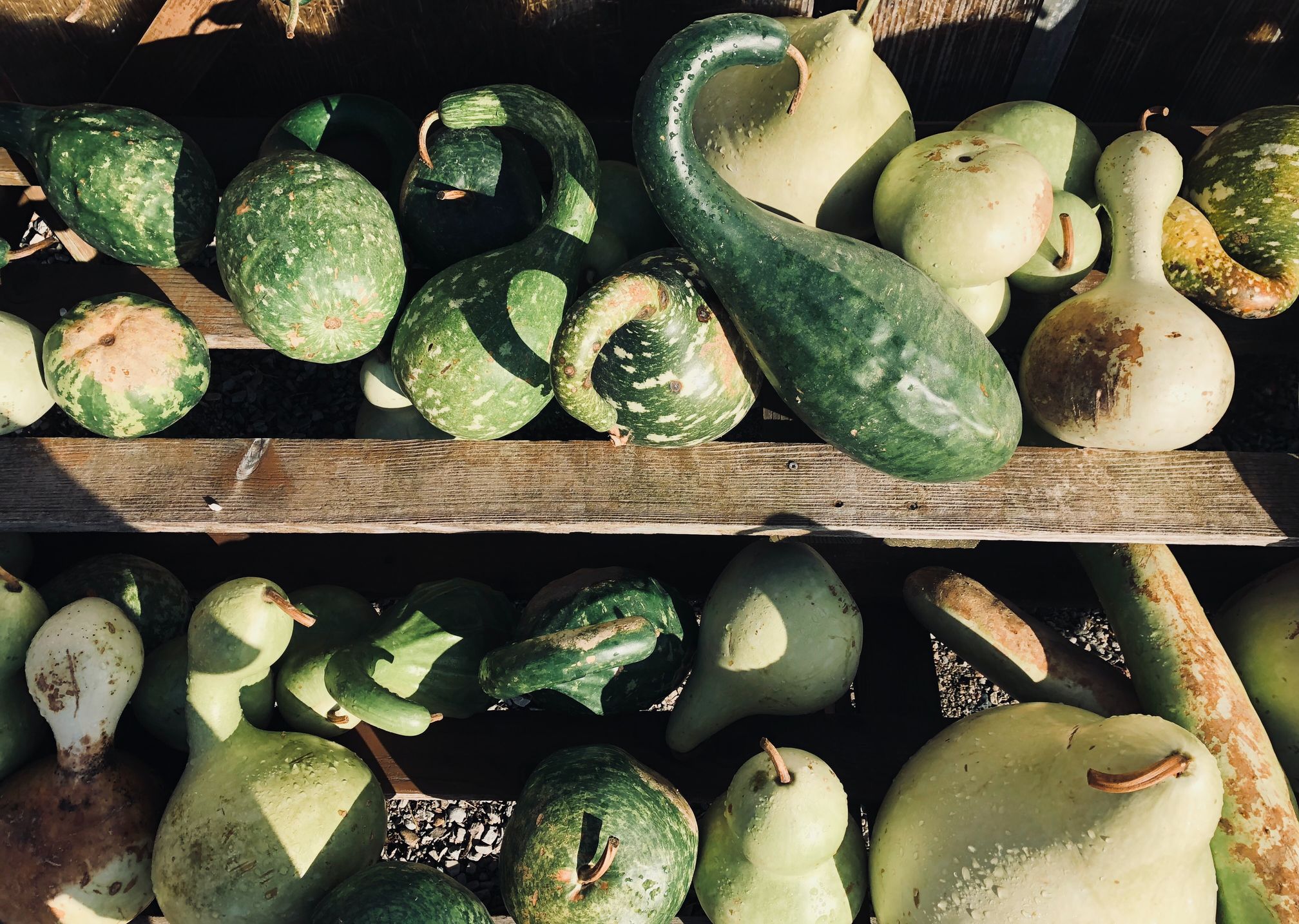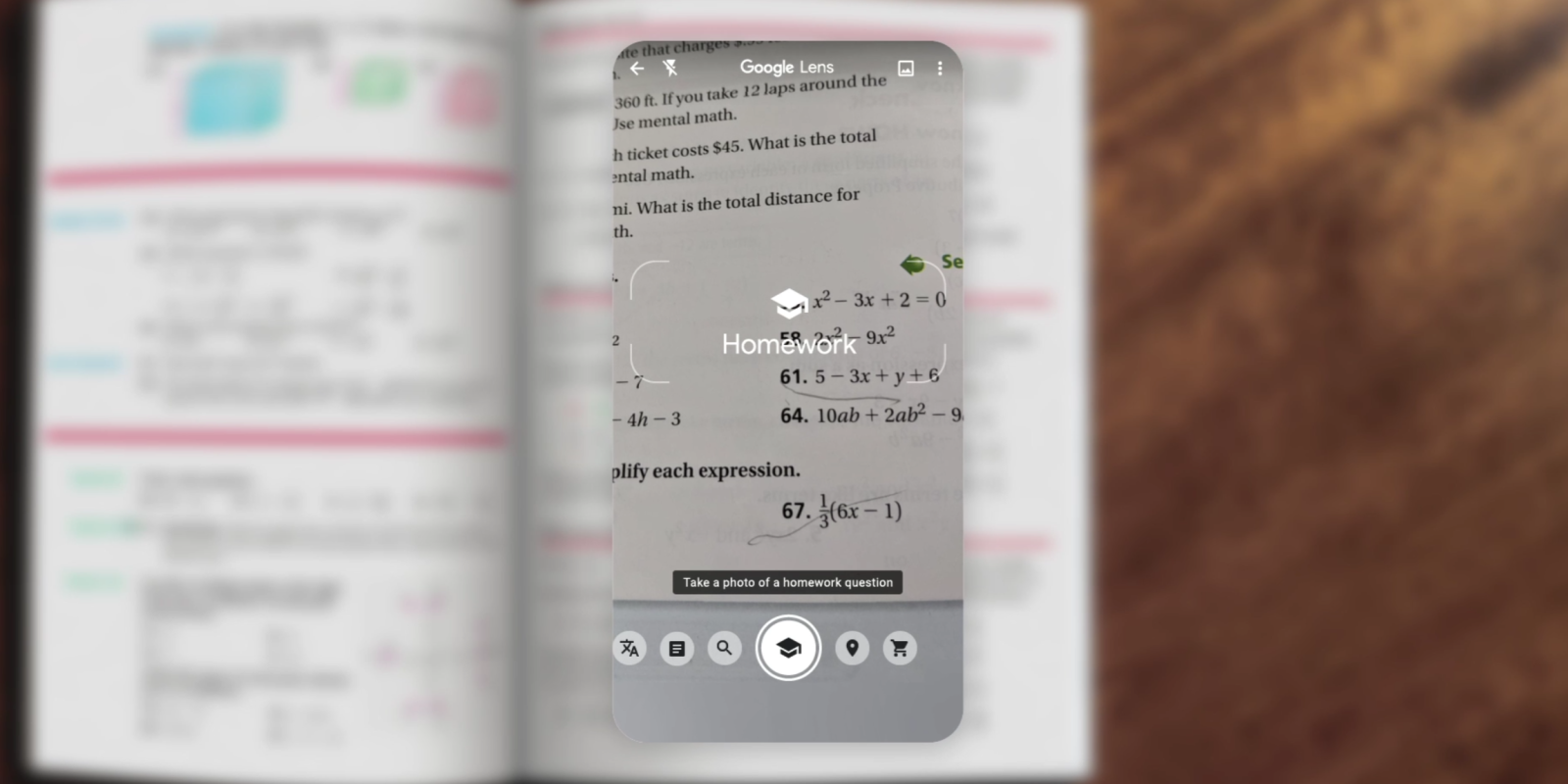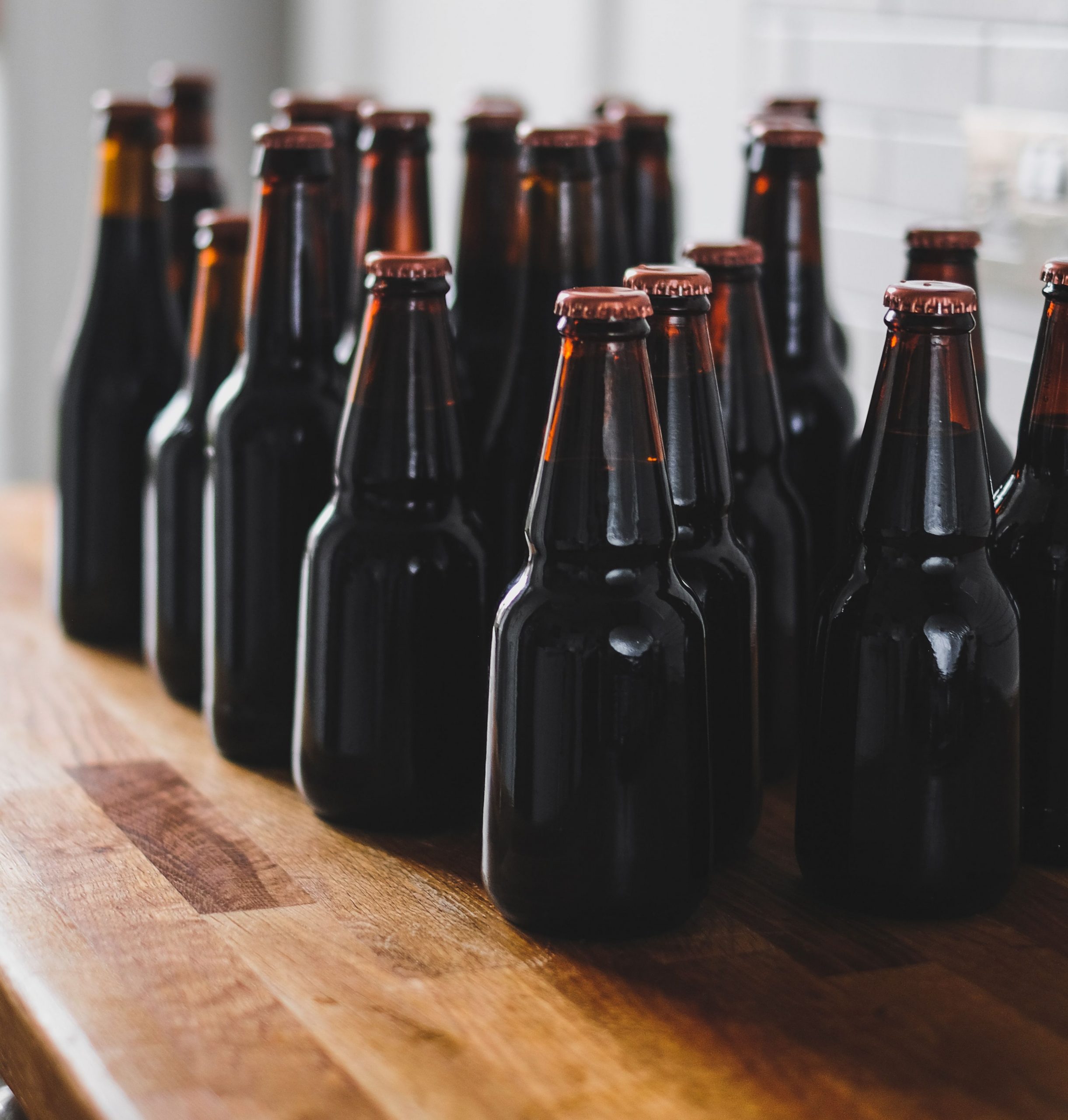Food spoilage is a problem throughout much of the developing world. In areas with unreliable or inadequate access to electricity, fresh fruits, vegetables, meats and other perishable food are hard to come by—for both consumers and suppliers alike.
According to the Borgen Project, about 23 percent of food production in developing countries is lost due to poor refrigeration. In Nigeria, that figure is almost 37 percent, as an estimated 50 million rural and 44 million urban Nigerians do not have adequate access to electricity and refrigeration.
Nnaemeka Ikegwuonu, an award-winning journalist and social entrepreneur, realised that this issue needed to be addressed to better the lives of farmers and everyday citizens alike. In 2013, while visiting Farin Gada Market to report on the cabbage market, he learned more about food spoilage and its effects on farmers.
“I asked the farmers what can be done to reduce the waste and they said they will need some form of storage inside the market, to store and sell later,” he told Global Citizen.” It then struck me that all our markets [have] no storage for fresh fruits and vegetables.”
According to the GNN, around 6,000 tonnes of fish are harvested on the rural Nigeria area of the Niger Delta. However, the hot, humid climate and lack of proper refrigeration means that only about 2,000 tonnes can be sold fresh. Similarly, while a bag of fresh bonga fish is worth about $20 to $40, fishermen often sell it for less to avoid spoilage, or smoke the fish to prolong its shelf life. Fruits and vegetables from the area have a shelf life of about two days before they start to rot.
Ikegwuonu founded ColdHubs to eradicate this issue in Nigeria and the developing world. The company creates 100 percent solar-powered cold storage rooms, allowing farmers and vendors to work in off-grid systems with adequate access to refrigeration. The rooftop solar panels generate enough electricity to power the units and provide reliable autonomous refrigeration, regardless of the weather.
As a result, these walk-in refrigerators increase the shelf of fruits and vegetables from two to 21 days. They also free up time, as the users no longer need to spend time to buy, source, ship or discard extra produce.

ColdHubs’ 3,500+ users pay a rental cost of about one dollar a day on a pay-as-you-go subscription model. Their 24 hubs have saved over 20,000 tonnes of food from spoilage, increased user income and created 48 new jobs for women. The company’s system to reduce food spoilage will also decrease food insecurity, undernourishment and malnourishment among the local population.
“Tackling food spoilage is important because, according to the International Food Policy Research Institute (IFPRI), it is estimated that a 10 percent reduction in global food loss will result in an 11 percent decrease in hunger, and a 4 percent decrease in child malnutrition worldwide,” Ikegwuonu explained to Global Citizen. “In Nigeria, a 35 percent reduction in post-harvest tomato loss alone would [impact] vitamin A deficiency for up to 1.1 million children per day.”
Ikegwuonu was awarded the 2020 Waislitz Global Citizen Award in the Disruption category for his work with ColdHubs. A few months prior, the company was also the winner of the United Nations Industrial Development Organisation UNIDO Global Call in the food and agriculture category.
“We will keep working and improving our technology until food spoilage becomes a thing of the past in Nigeria and other developing nations.”




